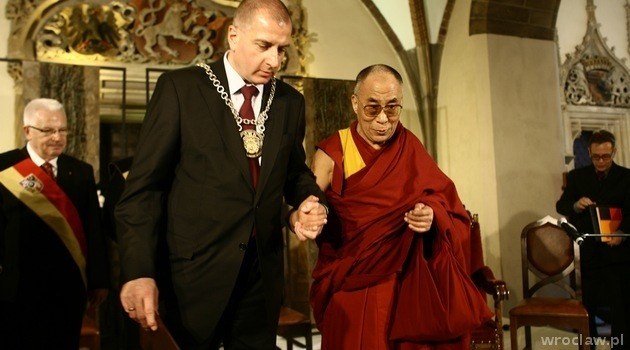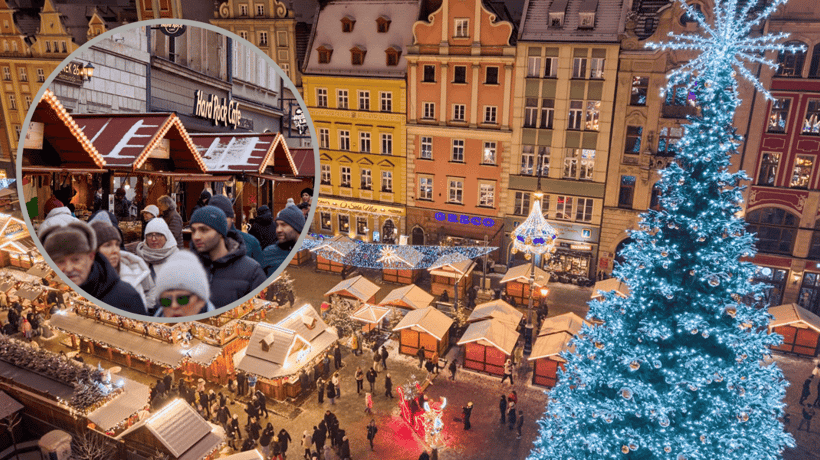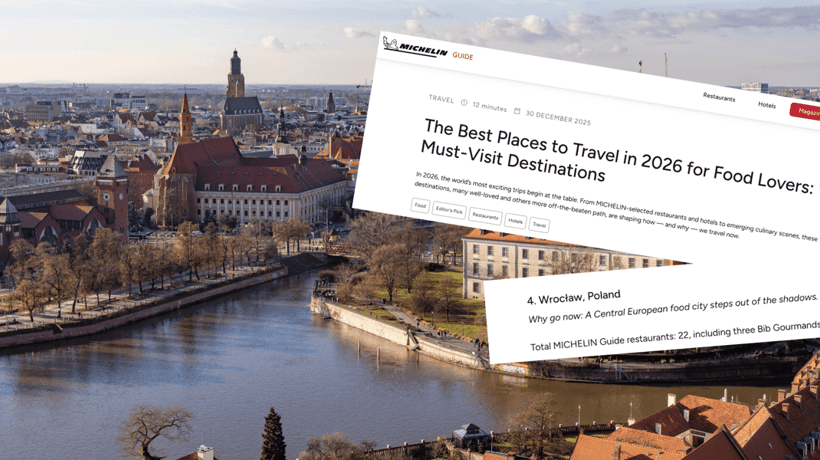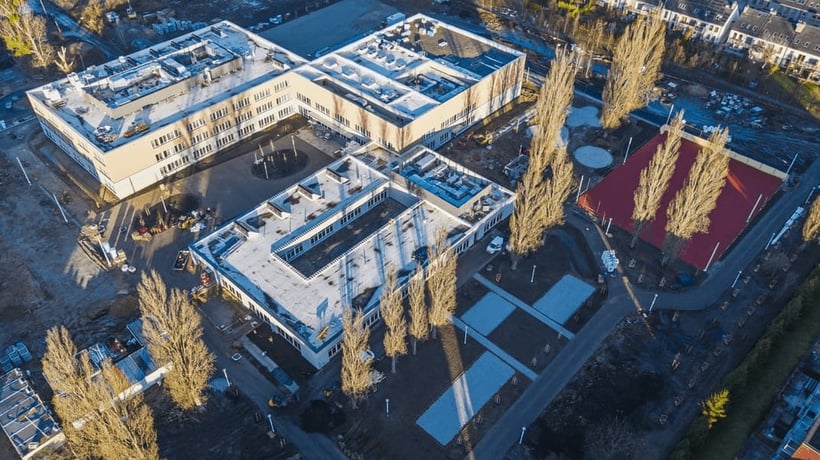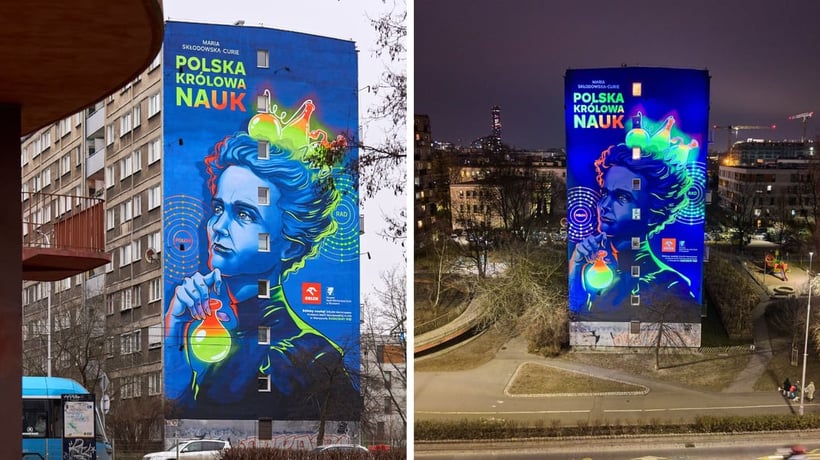The history of the uprising
The 1959 Tibetan Uprising started on the 10. March, when an anti-Chinese and anti-Communist revolt broke out in Lhasa, the capital of Tibet, which had been under the control of the People’s Republic of China since 1951. On the 1. March, the Dalai Lama received an unexpected invitation to a ‘theatrical performance and a cup of tea’ to the Chinese military headquarters situated outside Lhasa. The Dalai Lama, who was studying for a special academic degree at that time, postponed the meeting till the 10. March. On the 9. March, the head of the Dalai Lama's bodyguard was visited by Chinese army officers. They insisted that Dalai Lama would not be accompanied by his armed escort on the way from his palace to the military headquarters and that no traditional ceremony or procession should take place on that occasion. The news about the invitation quickly spread out among local Tibetans, who became afraid that their leader might be abducted. On the 10. March, around 300,000 Tibetans surrounded the Dalai Lama’s palace to prevent his abduction. This event is regarded as the beginning of the Tibetan Uprising in Lhasa, even though the Chinese army had fought the guerrilla forces since December 1958.
The Tibetan leader has visited Wroclaw twice
In 2008, after being invited to Poland by the Marshal of the Senate Bogdan Borusewicz, he participated in the celebration of the 25th anniversary of the granting of the Nobel Award to Lech Wałęsa. During that visit, he received the title of the Honorary Citizen of Wroclaw "Civitate Wratislaviensi Donatus 2008" as a token of respect and admiration for his consistency in opposing the use of violence, advocating peace solutions and building a dialogue between religions.
In September 2010, the Dalai Lama visited Wroclaw for the second time. The capital of Lower Silesia was the only city in Poland that he visited during his autumn stay in Europe. He had chosen Wroclaw from among 85 other proposals.
During this visit, among others, he watched an exhibition dedicated to the 30th anniversary of the NSZZ Solidarność Trade Union movement and delivered a speech to 6,000 listeners in the Centennial Hall. He talked of his most important obligations to advocate fundamental human values, to encourage people to pursue happiness without becoming dependent on material goods and to look for harmony within themselves. He emphasised the importance of mutual respect and the need to build harmony between all religions of the world. He visited the Borough of Four Temples for the second time; as he said on that occasion, he liked the idea of four religions and four temples existing beside one another without disturbing anyone or leading to religious disputes.
Honorary Citizen of Wroclaw
The 14th Dalai Lama Tenzin Gyatso is the head of the state and the spiritual leader of the Tibetans. He was born in 1935 to a peasant family in the Chinese province of Qinghai. Two years later, he was recognised as "tulku" - another incarnation of the previous 13 Dalai Lamas. Since the defeat of the Tibetan Uprising in 1959, he has stayed in exile in India, where he founded the government of Tibet in exile (Tibet is currently a part of the People’s Republic of China). In 1989, he won the Nobel Peace Prize. He has visited Poland five times.
